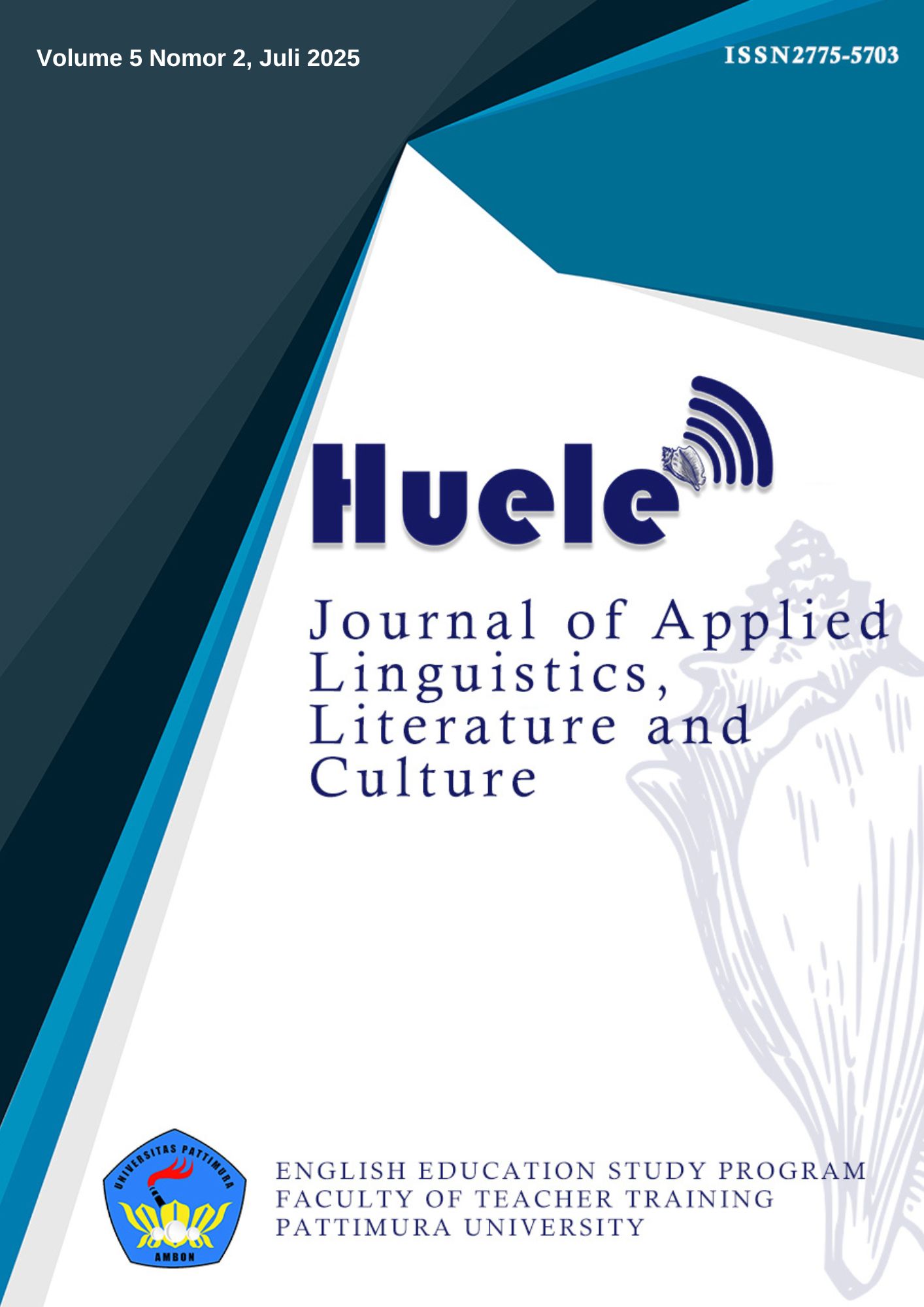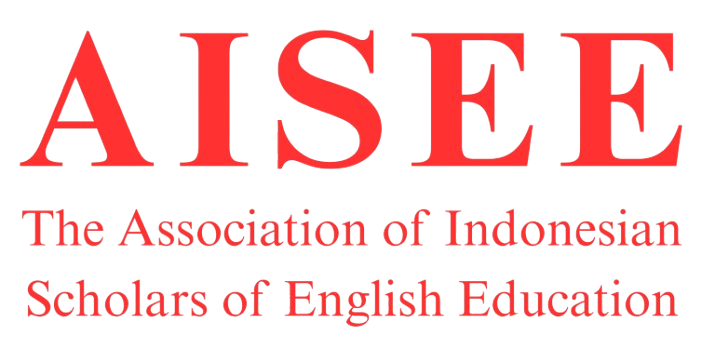Translanguaging and Formative Assessment Practices in Multilingual EFL Classrooms
Abstract
This narrative literature review examines translanguaging as a pedagogical strategy and analyzes its implications for formative assessment practices in multilingual EFL contexts. The review synthesized empirical research from peer-reviewed journals accessed through ERIC, Scopus, Google Scholar, and JSTOR databases. Selection criteria focused on empirical studies reporting original data collection in multilingual classroom settings where translanguaging intersected with assessment practices. Analysis organized findings into three thematic categories: translanguaging pedagogical practices, formative assessment techniques, and implementation challenges. Results show that translanguaging supports comprehension, metalinguistic awareness, and learner confidence, while affirming multilingual identities. When integrated into formative assessment, translanguaging enables students to demonstrate knowledge through their complete linguistic repertoires, producing more valid evidence of learning than English-only assessment. Teachers gain accurate insights into student understanding, facilitating responsive instruction based on actual knowledge rather than language proficiency limitations. Students engage more actively in peer and self-assessment processes and develop stronger academic confidence. Implementation faces substantial barriers: contradictory language policies mandating English-only assessment despite multilingual classroom realities, high-stakes testing pressures restricting formative translanguaging practices, insufficient teacher preparation in both translanguaging pedagogy and assessment literacy, and practical challenges managing linguistically diverse classrooms. The review identifies critical research gaps requiring longitudinal investigation of learning outcomes, comparative studies examining context-specific effectiveness, and participatory research centering on student perspectives. The findings indicate that realizing translanguaging assessment's equity potential requires coordinated systemic change across policy frameworks, professional development models, teacher education curricula, and institutional support structures rather than isolated teacher-level innovations.
Downloads
Copyright (c) 2025 Felicia Miranda Lekatompessy, Jeny Lekatompessy

This work is licensed under a Creative Commons Attribution-NonCommercial-ShareAlike 4.0 International License.







